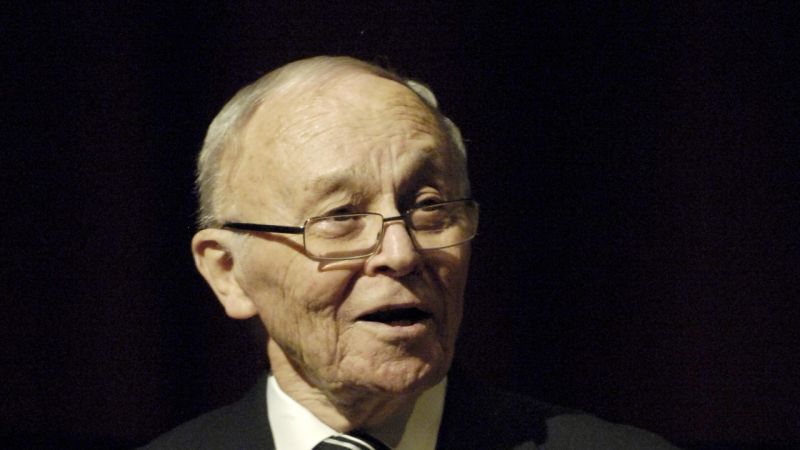Composer Buddy Bregman, Verve’s first A&R man, has died at 86.
A nephew of Broadway tunesmith Jule Styne, Bregman was music director for the Eddie Fisher Show and later worked for the BBC and ITV’s Rediffusion.
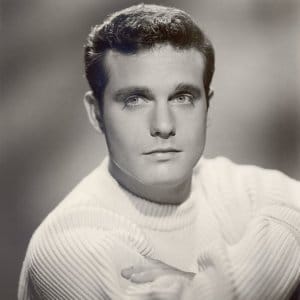
Composer Buddy Bregman, Verve’s first A&R man, has died at 86.
A nephew of Broadway tunesmith Jule Styne, Bregman was music director for the Eddie Fisher Show and later worked for the BBC and ITV’s Rediffusion.

From an AP report: Since 1496, the former Benedictine abbey in Altomuenster has housed a female religious order founded by Saint Bridget in Sweden in the 14th century. It is one of three monasteries of the original branch of the scholarly, monastic order operating today. But with its numbers in decline, Sister Apollonia now lives there alone. …
The Franciscan nun the Vatican put in charge of the closure, Sister Gabriele Konrad, says the collections are just being kept safe, but she’s refused to grant the scholars or anyone else access to the books.
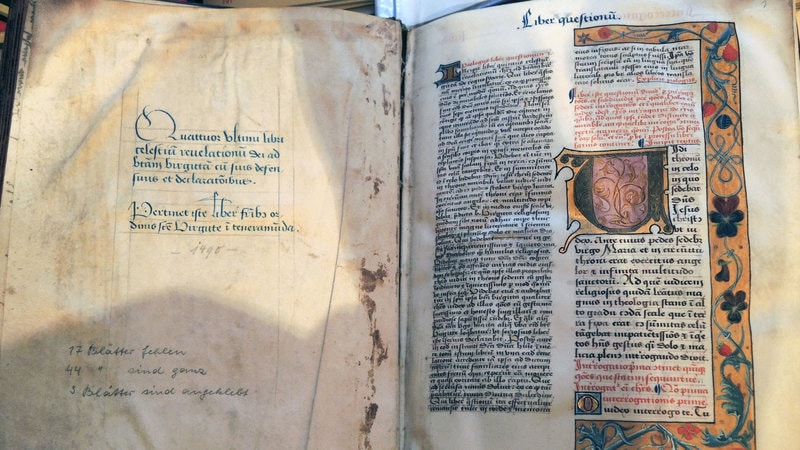
A petition has been started to save these irreplaceable manuscripts. Sign here.
We’re informed that Laura Didier-Gambardella, the Chilean mezzo-soprano died today at the Casa di Riposo Giuseppe Verdi in Milan at 89 years old.
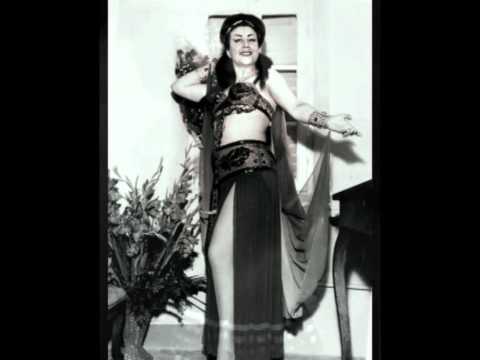
She was a regular Pavarotti partner.
Is the outgoing trickle turning into a flood?
Today, the violinst Simone Lamsma – a favourite of the incoming NY Phil chief Jaap van Zweden – quit the crumbling mega-store and signed with boutique Solea Management.
Solea also look after Chopin winner Seong-Jin Cho, Beatice Rana Fabien Gabel, the Modigliani Quartet and Olivier Latry.
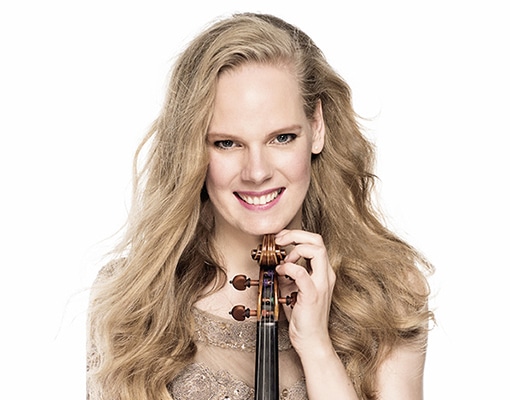
There’s a doubly gloomy set of Nielsen Scan statistics this week.
Apart from Il Volo – who are not really classical and shifted 900 units – no classical recording broke 200.
Daniil Trifonov was top, for what it’s worth, with 190.
But what’s really, really depressing is that an appearance on The Late Show by the South African soprano Pretty Yende made hardly any impact on her record sales.
She might as well have gone to bed early that night.
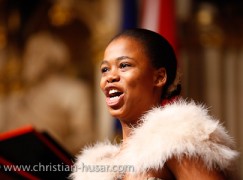
The Governor of Adana has called off this week’s orchestral concert featuring the Turkish pianist İdil Biret ‘due to terror events in our country.’
The concert was linked to the city’s post-World War liberation anniversary.
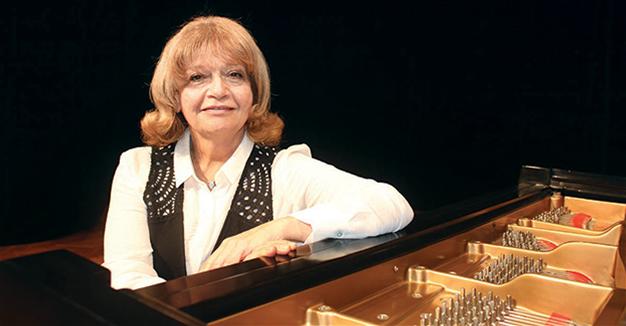
The retailer wants more of your physical dollars. It’s opening an outlet in Columbus Center.
Will the new 4,000-foot store sell classical music?
Yeah, right.

There’s a box for sale.
They only come up once in a decade or more.
Own one, and you can see every event in the hall for free.
The price £2.5 million.
Worth a bid.
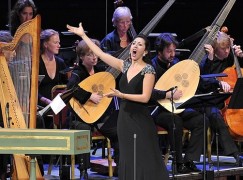
Hamburg’s Elbphilharmonie, which opens with great fanfare this week, has named Matthias Pintscher as its Resident Composer.
The title has become completely meaningless. Does it mean Pintscher gets a free apartment in the building? Or that anyone can walk up to him in the lobby and demand ‘give us tune.’
So what’s the point of having a ‘resident composer’? To allow the bureaucrats who paid for the hall to tick a box marked ‘contemporary culture’.
That’s all.
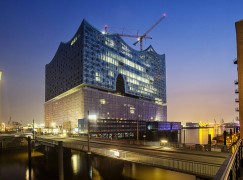
Opera Australia, the country’s national opera company, is making it possible to experience the iconic Opera House and the classic art form from the most spectacular vantage point of all—the stage. For around $3,630 USD, you’ll get to visit the Opera Australia studio where a costume dresser will fit you with a handmade costume and the show’s Assistant Director will walk you through what will happen on stage. Then, on the night of the performance, you will enter with the cast via the stage door and report to hair and makeup to be transformed into your character (fancy wig included). The big moment comes when you get to join the chorus on stage in front of an audience of 1,500 people, including a guest of your choice who will also attend the performance as part of the package.
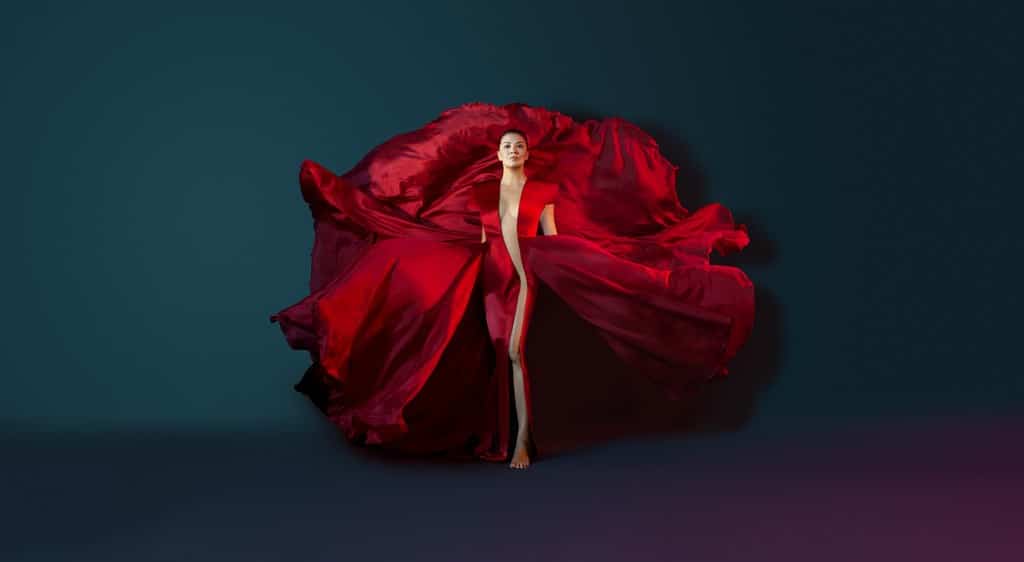
Not you?
More here.
Christopher Hampton, who wrote Sunset Boulevard (ALW) and The Trial (PG), gives an icy shaft of insight:
‘With Lloyd-Webber you are given the music and and have to fit the lyrics to the score. Philip Glass writes not a note until he has the libretto, and then he will call if he wants to make a cut or needs a couple more syllables. He is the perfect collaborator because he makes every effort to honour the text and make sure every word is heard.’
Full interview here.
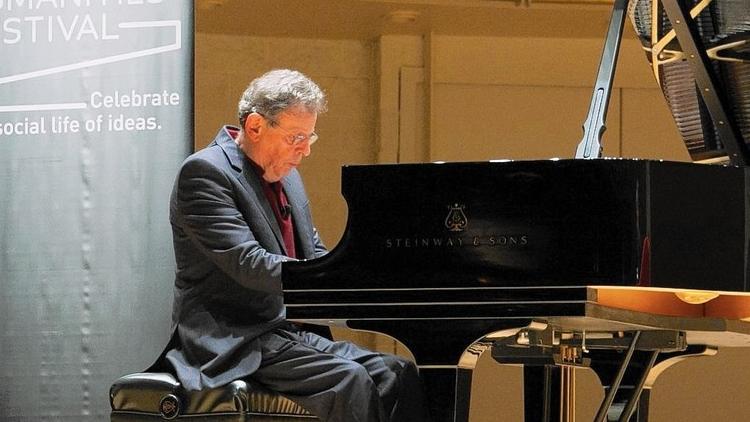
Zdenek Machacek established a network of operetta and music theatre performances in his country in the 1950s, conducting the Slovak Radio Symphony Orchestra Kosice and the Slovak Philharmonic.
Czech born, he was leader of the second violins in the Brno Philharmonic until 1953, when he took up the baton.
